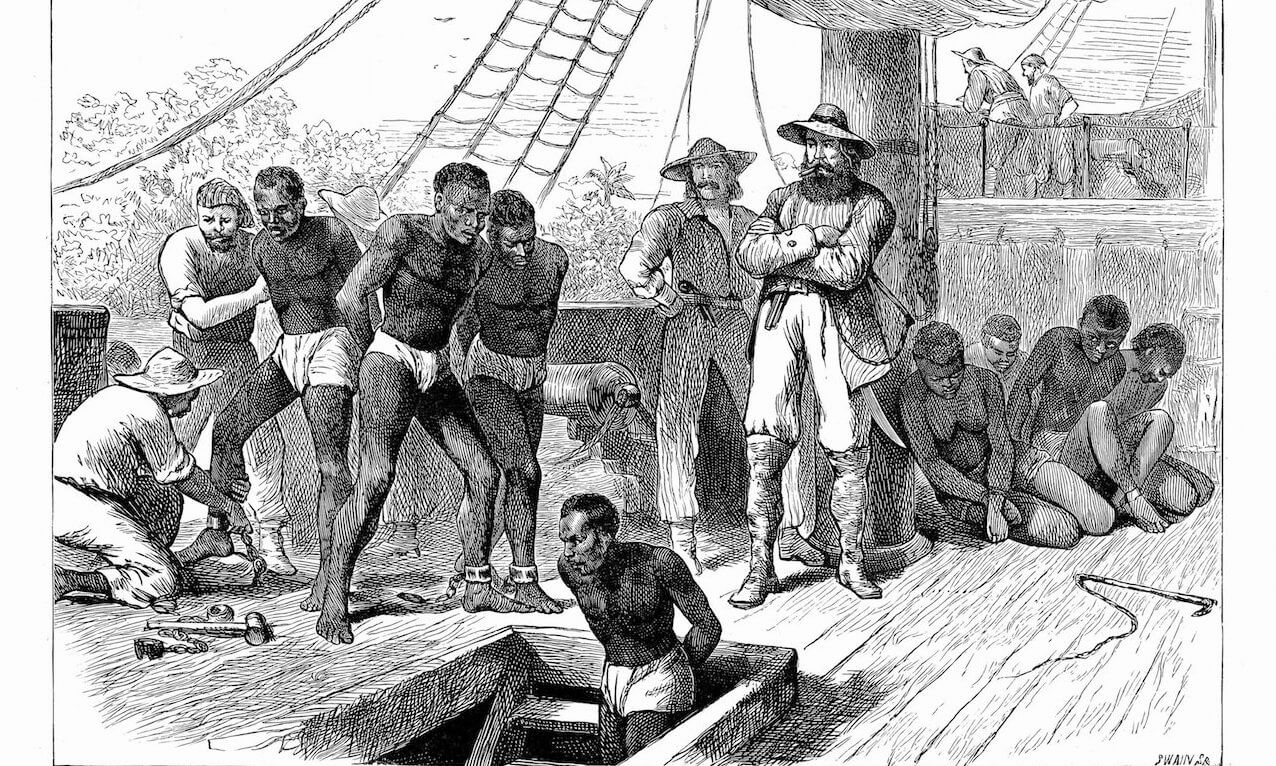Psychologist Adam Mastroianni and biologist Dakota McCoy argue that environmental factors, not innate interests, dissuade women from pursuing science and math.


Psychologist Adam Mastroianni and biologist Dakota McCoy argue that environmental factors, not innate interests, dissuade women from pursuing science and math.

This video gives an overview of the impact human rights activist and environmentalist Wangari Maathai had in Kenya.

Journalists in war zones have one of the most dangerous—and compelling—of jobs. Learn about a pioneering woman who worked as a war correspondent from the dawn of World War II.

Anthropologist Chip Colwell suggests thinking about natural sites as people would help legal institutions better respect the culture of Native Americans.

Find out why fiction works well as a way to explore the still-uncertain outcomes of the 2011 Arab Spring movement.

An NPR reporter talks to social science correspondent Shankar Vedantam about the difference between effectiveness and visibility in protest movements.

A recent study from Cornell University shows that employers value the qualities instilled in competitive sports.

Angela Patton talks about the series of ideas that led to a unique way of celebrating and strengthening the bond between girls and their fathers.

How does a nation seek justice and peace after a terrible national conflict? Explore how seven countries have addressed their troubled histories.

A local council of Alaska Native groups took a story passed down by generations of the Inupiaq tribe and turned it into a video game. The game has already won several awards and has introduced the culture to a wider audience.

Writer Mike McPhate discusses the mindset of settlers willing to take risks during the California gold rush of the mid-19th century. He ties that idea to tech entrepreneurs’ willingness to fail in the same state today.

Reporter Simon Worrrall talks to Florence Williams, author of The Nature Fix: Why Nature Makes Us Happier, Healthier, and More Creative, about the postive effects of spending time in nature.

After leading March for Our Lives protests across the country, student activists make plans for continued engagement on issues they care about.

Taken from his book Tribe of Mentors, author Tim Ferris shares the morning routines of notable people.

Frank Stasio, host of radio program The State of Things, talks to poet Joy Harjo about her latest collection, Conflict Resolution for Holy Beings.

Ethics professor Arthur Dobrin argues that we must balance forgiveness with justice.

In PBS’s Origin of Everything web series, host Danielle Bainbridge explains how we came to associate pink as a color for girls and blue as a color for boys.

In the last half of the 1800s, thousands of urban poor people, many who were immigrants, lived in overcrowded and unsafe tenement buildings. This article describes how tenements came into being and were eventually phased out.

This biography outlines the life of Phillis Wheatley, who became a published poet despite being enslaved.

Tom Sutcliffe, who writes about the arts and media, examines artists’ struggle to make works relating to 9/11.